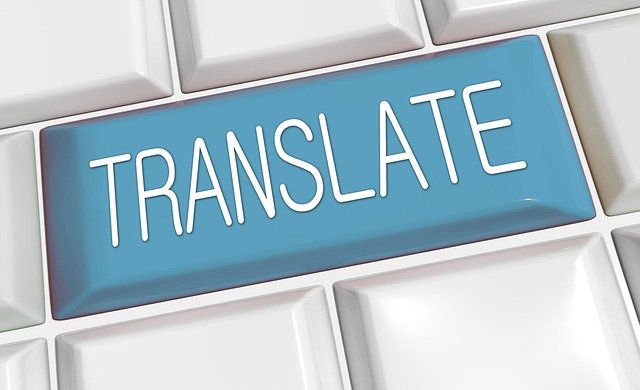The market for translation of technical texts is very saturated. If you search for translation on the internet, you will find a lot of good agencies and individuals. Of course, prices will vary.
What should you consider?
In this article, I will discuss where to draw the line between good and good enough when it comes to translation. Where is the balance between professional depth and what most clients expect?
“Good” is a subjective concept, as some translators will never be completely satisfied with their work, while others lack the self-awareness to recognise that their output sometimes falls short of the mark.
If, for example, the source text is weak, the client cannot expect miracles, although when translating, professionals usually manage to correct this problem.
The quality level of translations and, at the same time, the price of translations usually depends on the project’s objective, and it is therefore most important to clarify this in order to ensure that the client is satisfied and considers the translation to be “good”. There is a huge difference between a translation of an internal company document and one that is to be published and read by a higher professional audience of competent foreign professionals.
It is also worth specifying expectations before the translation, because if the client’s expectations are simple, it is not helpful if the translation contains technically brilliant puns, because in professional circles, however interesting it may be, the client will not appreciate it. A satisfied client who has received a good translation, at a good price and within a good deadline, will return much sooner.
The quality of a translation is also greatly influenced by the deadlines. If it is virtually impossible to meet them and there is no possibility to ask for a later deadline, the end result will undoubtedly be less sophisticated. Mistakes are more likely to slip through the more last-minute work is required. In this case, we should inform the client and ask for his agreement to settle for a lower quality in the circumstances. Often it turns out that clients are satisfied with good enough and in most cases do not require a high quality translation.
Of course, there are some translation jobs that need to be perfect, and even the involvement of a professional may be necessary for such translations. These include medical, legal and technical texts, which may require the assistance of a proofreader.
To sum up, the most important thing in any professional translation is to have a thorough discussion with the client, as not all projects are the same and all may have different requirements. Translators need to learn how much time to invest in a project and to strive for the best translation within a given framework. This is particularly important because most clients do not speak the target language, so it is up to the professional translator to ensure that the translation is professionally appropriate for the purpose.
